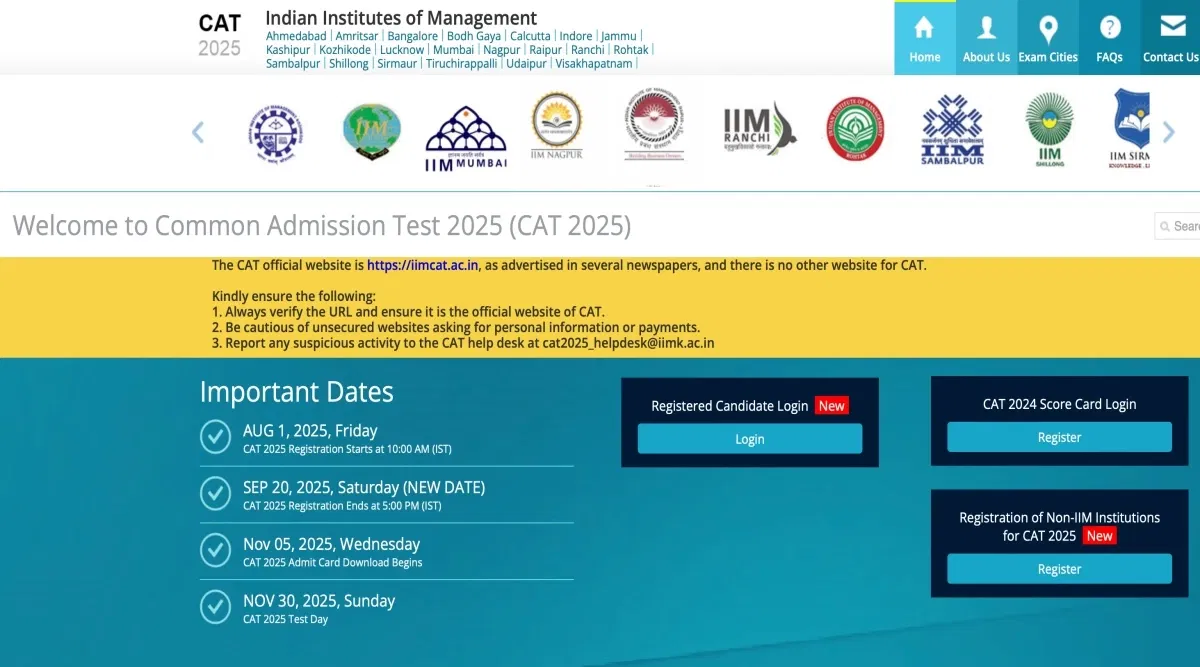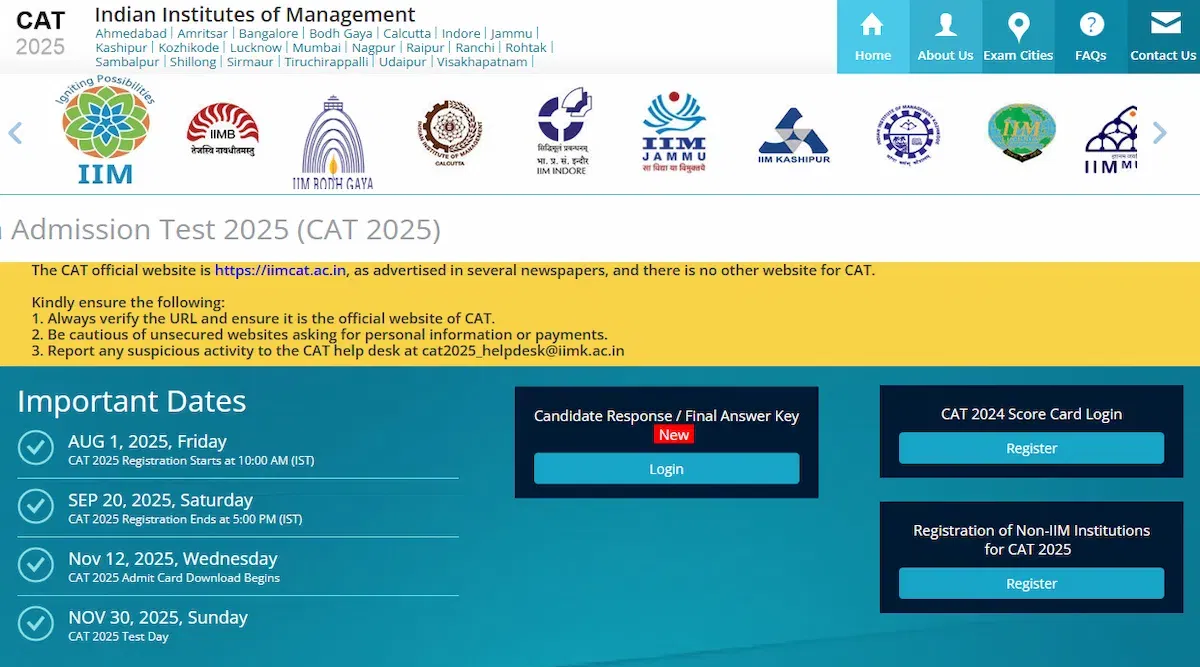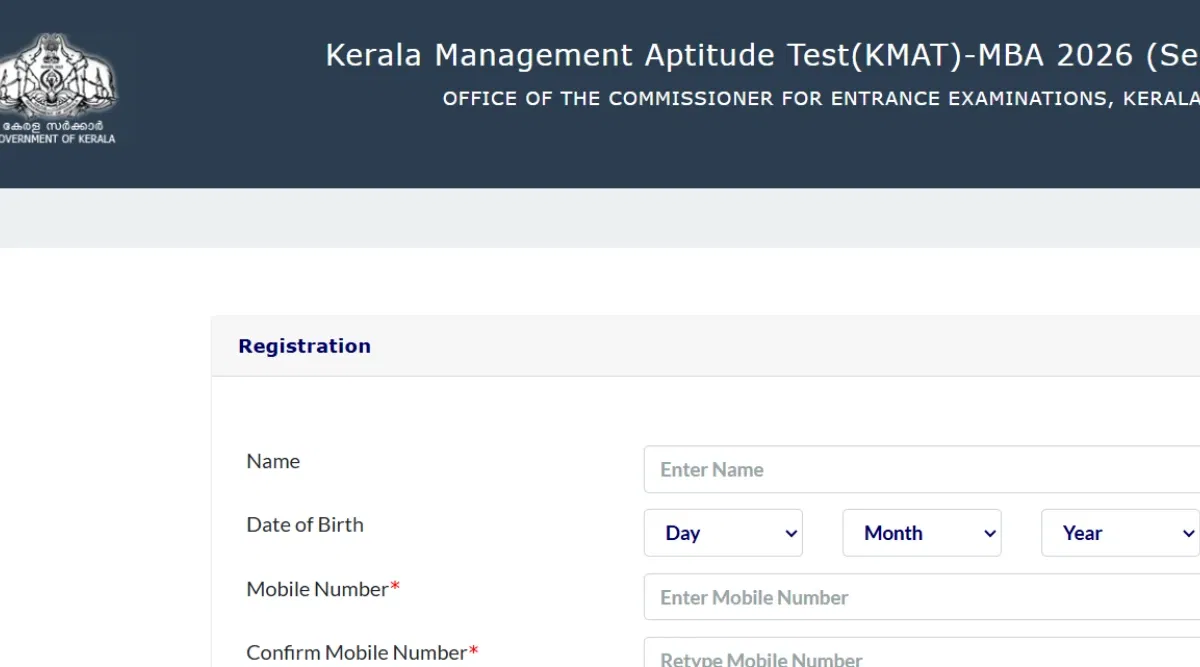For students from developing countries, it makes sense to take an education loan for Germany. Acquiring a student loan for Germany is a simple process, with some differences from applying for a loan to the UK or USA.
Germany is a premier educational hub for students from all across the world. While the cost of studying in Germany is cheaper than those of the USA and UK, the EU nation is one of the wealthiest countries in the world, which is why it makes sense for students to opt for an education loan for Germany to pursue higher studies.
Germany is vibrant in its culture and history, apart from being renowned for its cutting-edge engineering and technology. German food and beer are also some of the best globally, and students have a massive opportunity to gain ample exposure and knowledge while staying in Germany.
However, the most important and relevant aspect about Germany is the quality of education, which is on par with those of the USA and UK. An education loan for Germany makes sense for students from developing countries, especially for students from India. Germany has laws and regulations that allow students to gain part-time employment while studying in Germany, giving them ample opportunity to ease their expenses while living in Germany. Read on to know more about education loans for Germany, the application process, eligibility, and the costs covered.
Table of Contents
- Education Loan Options for Germany
- Application Process
- Expenses covered under Student Loan
- Loan Repayment
- Cost of Living in Germany for Indian Students
- Top Universities in Germany
- Admission Requirements of German Universities
Education Loan Options for Germany
A secured loan or an unsecured loan can be applied for by students looking for an education loan in Germany. The following is a brief overview of each of these options.
Education Loan for Germany with Security
A secured loan is also known as a loan with collateral. This type of education loan requires students to attach collateral with their loan applications. When the loan is not repaid or becomes NPA, the collateral is used by the bank to recover the loan amount. Any asset can be used as collateral, such as immovable properties, fixed deposits, insurance policies, or mutual funds. The table given below summarizes the different education loan options for Germany with collateral.
| Features | Public Banks | Private Banks | NBFCs |
|---|---|---|---|
| Lenders | SBI, BOB | Axis Bank | Avanse, Incred |
| Amount of Loan (INR) | Upto 1.5 crore | Upto 60 lakhs | Upto 50 lakhs |
| Range of Interest Rate | 8.85%-10.25% | 11%-13.5% | 12%-14% |
| Processing Fees (INR) | INR 11800+ Property Evaluation Charges | INR 15000+ GST (if the loan amount is less than or equal to 20 lakhs) And INR 750 on each 1 lakh above 20 lakhs + Property Evaluation Charges |
1-2% of the amount of loan |
| Payment during study duration | No | Simple Interest | Simple Interest |
Education Loan for Germany without Security
Unsecured loans are loans without collateral. Applicants who request an unsecured loan do not need to attach any collateral. The majority of public banks do not process unsecured loans exceeding INR 7.5 lakh. For loans above that amount, private banks and non-banking financial companies should be contacted. The table given below summarizes the different education loan options for Germany without collateral:
| Features | Public Banks | Private Banks | NBFCs |
|---|---|---|---|
| Lenders | SBI, BOB | Axis Bank | Avanse, Incred |
| Amount of Loan (INR) | Upto 7.5 lakhs | INR 40 lakhs (Only for few selected universities, for other universities only upto 7.5 lakhs) | INR 20 lakhs |
| Range of Interest Rate | 10%-11% | 11.25%-12% | 12%-16% |
| Processing Fees (INR) | No | INR 15000+ GST (if the loan amount is less than or equal to 20 lakhs) And INR 750 on each 1 lakh above 20 lakhs |
1-2% of the amount of loan |
| Payment during study duration | No | Simple Interest | Simple Interest |
Application Process
Acquiring an education loan for Germany is simple enough and similar to taking a student loan for other foreign countries with slight exceptions. Students will have to apply to their respective universities and procure an acceptance letter before applying for an education loan for Germany. The intake session for German universities happens twice a year, i.e., in January and September. Germany is mainly cost-effective compared to the USA and the UK, but students also have to account for tuition fees (if any), accommodation, and living expenses.
In India, many banking and non-banking financial institutions offer education loans for Germany at relatively low-interest rates to deserving students. Acquiring an education loan is a simple process. Still, there are certain things worth nothing for students, such as the requirement of a co-signer (usually a parent, guardian, sibling, or spouse) for the loan, and in some cases, collateral may be required as security for the loan.
Eligibility Criteria
To qualify for an education loan for Germany, students must fulfil the following criteria:
- The applicant must be a citizen of India.
- The applicant must be of 18 years of age or older. If the applicant is below 18 years of age, the parent or guardian will take the loan.
- The applicant must have gotten admission into the German university that is recognized by the funding institution and is eligible for a grant.
- The applicant must have secured admission into a job-oriented program.
Documents Required
The most popular bank to offer education loans for Germany is the State Bank of India, a nationalized bank. To apply for an education loan for Germany, a student needs to furnish the following documents to the bank. The list of documents required for an education loan for Germany are as follows:
- Acceptance letter from the university
- A completed loan application form
- Document on costs of education
- Valid ID proof
- Valid home address
- PAN card details
- Banks statements of student/co-signer/guarantor
- Statement of Assets of student/co-signer/guarantor
- Proof of Income of student/co-signer/guarantor
Expenses covered under Student Loan
Most publicly funded universities in Germany have low, or zero cost of tuition, and education is generally cheap in German universities. However, students must account for the other expenses associated with studying in Germany, like administrative fees to be paid every semester, accommodation, and living expenses. These expenses are covered in the loan amount.
Students should note that the loan only covers expenses associated with the university program and not personal expenses. Furthermore, the respective universities provide the documents citing fees and the amounts required for course completion. The following expenses are covered in the loan amount:
- Tuition fees (if any)
- Cost of accommodation
- Security deposit
- Travel expenses
- Study tours and project work
- Books and stationery expenses
Student Loan Account
Every year, as per the prevailing economic conditions and education costs, German universities request a monthly sum to be provided to the student to help them complete their course and meet their living expenses. The amount usually is between EUR 685 and EUR 750 and covers tuition, accommodation, and living expenses.
Students must open a student loan account with a local bank once they arrive in Germany, where they must store the blocked amount for the entire calendar year. Then, every month, students can withdraw the required amount needed to meet their expenses. This practice is mandatory for all international students looking to pursue higher education in Germany.
Loan Repayment
As mentioned above, Germany has special laws regarding international students looking for part-time work while studying. Students can work for up to 20 hours a week during the academic session and full-time during university breaks. Furthermore, students have 18 months after their course to look for a job relevant to their qualifications. In these 18 months, they can take up any kind of employment to fund their stay in Germany.
Students have to start repaying the loan amount for loans taken from a nationalized bank upon completion of their course and the loan moratorium period. Students can pay the loan a year after completing their course or within six months if they find a job.
Cost of Living in Germany for Indian Students
Depending on an individual's personal expenses and their choice of city, the cost of living can vary significantly. Munich, for example, is one of Germany's most expensive cities (1,500 EUR per month), whereas Berlin being the capital is more affordable. Here are the estimated costs of living in Germany:
|
Type of Expenditure |
Cost Per Month (INR) |
|
Accommodation and utilities |
25,120 to 41,870 |
|
Food and supplies |
16,747 to 20,935 |
|
Health insurance |
8,370 |
|
Phone and internet |
2,512 |
|
Leisure and hobbies |
4,190 to 8,373 |
|
Travel |
7,870 |
|
Books and Supplies |
1,674 to 2,090 |
Read More: Cost of Living in Germany for Indian Students
Top Universities in Germany
Germany is home to a number of top-notch educational institutions that offer excellent education at affordable prices. The table below shows the top universities in Germany for international students, along with their latest rankings:
|
University |
THE 2022 |
|
University of Freiburg |
108 |
|
Humboldt University of Berlin |
74 |
|
Technical University Munich |
38 |
|
Ludwig Maximilian University of Munich |
32 |
|
Free University of Berlin |
83 |
|
RWTH Aachen University |
108 |
|
Karlsruhe Institute of Technology |
180 |
|
Technical University Berlin |
139 |
Admission Requirements of German Universities
The following table provides some basic information about the admission requirements of German universities:
|
Where to Apply |
Uni Assist portal/ Individual portals of respective universities |
|
Application Fee |
The application fee is 75 EUR, plus 30 EUR for each additional course during the same semester |
|
Basic Requirements |
Transcripts, Standardised scores (GMAT/GRE) |
|
Other Requirements |
Valid Visa, CV, Statement of purpose, Interview |
|
German/English Language Requirements |
IELTS: 6.5, TOEFL: 69-80 TestDaF (TDN 3, 4 or 5), DSH II or III |























POST YOUR COMMENT